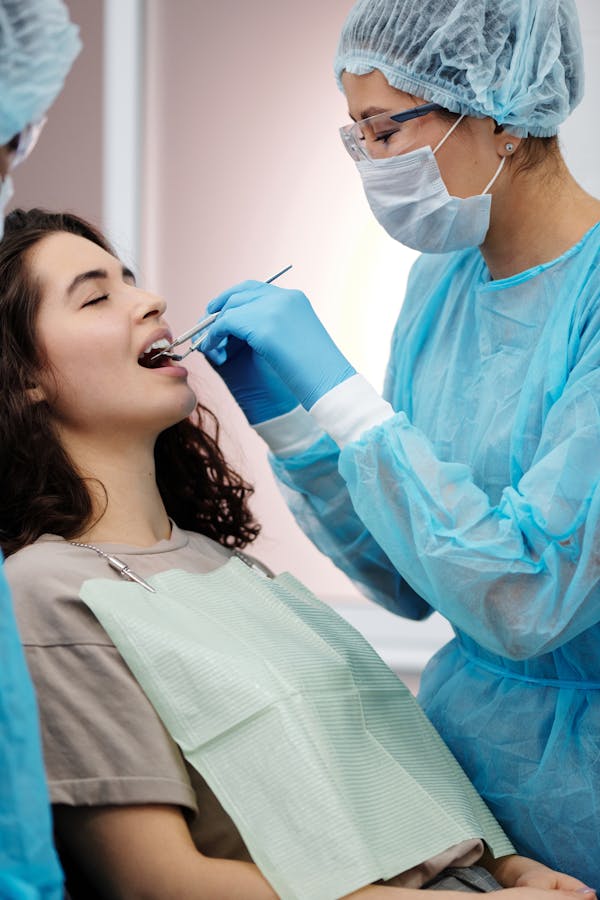Preventive dentistry plays a crucial role in maintaining optimal oral health by focusing on proactive measures to prevent dental problems before they develop. This comprehensive guide explores the importance of preventive dentistry, common preventive treatments and practices, benefits for overall health, and tips for integrating preventive care into your oral hygiene routine.
What is Preventive Dentistry?
Preventive dentistry encompasses dental care practices and treatments designed to maintain healthy teeth and gums and prevent dental issues.
Importance of Preventive Dentistry
Regular preventive care helps detect dental issues such as cavities and gum disease early, when they are easier and less costly to treat.
Oral Health Maintenance
By promoting good oral hygiene habits and addressing risk factors, preventive dentistry helps maintain healthy teeth and gums throughout life.
Common Preventive Treatments and Practices
Preventive dentistry involves a variety of treatments and practices to protect dental health.
Dental Cleanings and Examinations
Regular professional cleanings remove plaque and tartar buildup, preventing tooth decay and gum disease.
Comprehensive Examinations
Routine dental examinations allow dentists to detect early signs of dental problems and recommend appropriate treatment.
Fluoride Treatments
Fluoride treatments strengthen tooth enamel, making teeth more resistant to decay and cavities.
Sealants
Sealants are protective coatings applied to the chewing surfaces of molars to prevent decay in hard-to-reach areas.
Oral Health Education
Dentists provide guidance on proper brushing and flossing techniques, diet choices, and other oral hygiene practices.
Benefits of Preventive Dentistry
Engaging in preventive dentistry offers numerous benefits for overall oral health and well-being.
Reduced Dental Costs
Preventive care helps avoid costly dental treatments associated with advanced dental problems.
Improved Overall Health
Good oral health is linked to lower risks of systemic health issues such as heart disease and diabetes.
Tips for Practicing Preventive Dentistry
Incorporate preventive dentistry into your daily oral hygiene routine with these practical tips.
Daily Oral Hygiene
Brush your teeth at least twice a day and floss daily to remove plaque and food particles.
Healthy Diet Choices
Reduce consumption of sugary snacks and drinks that contribute to tooth decay.
Regular Dental Visits
Visit your dentist every six months for professional cleanings and routine examinations.
Conclusion
Preventive dentistry is essential for maintaining optimal oral health and preventing dental problems before they become serious issues. By understanding the importance of preventive care, embracing common treatments and practices, and following practical tips for oral hygiene, individuals can enjoy healthy teeth and gums throughout their lives. Make preventive dentistry a priority to achieve a confident smile and improve overall well-being.









